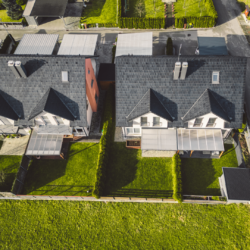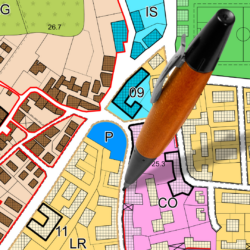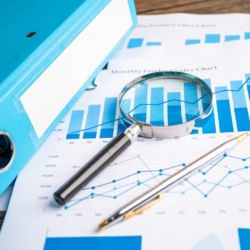Why Duplexes, Triplexes, and Fourplexes are the Best Investment in Dallas
Why Duplexes, Triplexes, and Fourplexes are the Best Investment in Dallas In the ever-evolving landscape of real estate investing, Dallas has emerged as one of the most lucrative markets in the United States. Known for its strong economy, population growth, and diverse employment opportunities, Dallas offers investors a myriad of options. Among the various property Read more about Why Duplexes, Triplexes, and Fourplexes are the Best Investment in Dallas[…]









